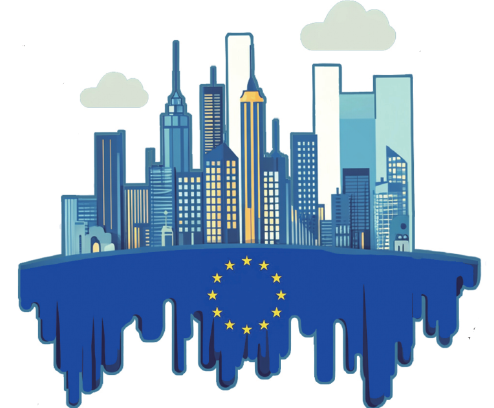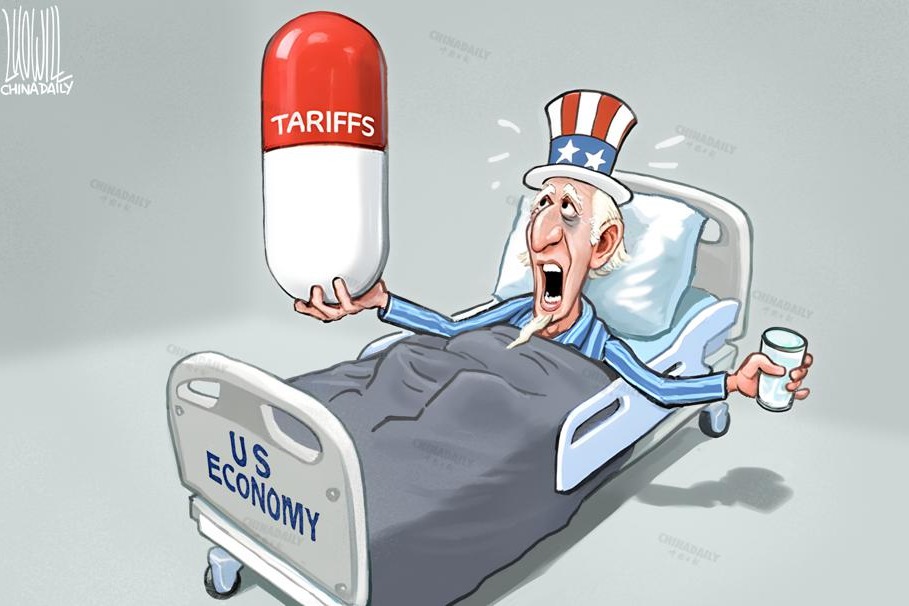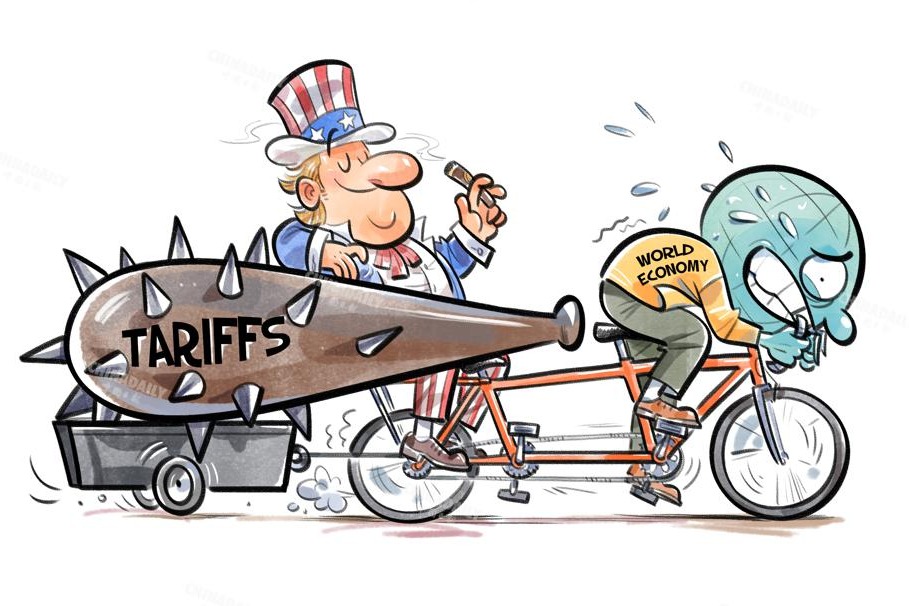Feeling the heat


Protectionism is not a long-term solution to the EU's competitive weaknesses
European competitiveness has been steadily deteriorating for decades. The last comprehensive reform program aimed at tackling the challenges of weak competitiveness was the so-called Lisbon Strategy in 2000. According to the European Council, the aim of the strategy was "to become the most competitive and dynamic knowledge-based economy in the world, capable of sustainable economic growth with more and better jobs and greater social cohesion". Not only has the strategy failed miserably and the European Union has not been able to catch up with the United States in terms of GDP growth, productivity growth and the knowledge economy, but the EU's international position has deteriorated further over these more than two decades. While the strategy assumed that the US was the EU's only competitor, today we can see that China and other emerging economic centers are also significantly affecting European competitiveness in several sectors.
On Sept 9, 2024, Mario Draghi, Italian economist, former governor of the European Central Bank and former Italian prime minister, presented a report entitled "The Future of European Competitiveness", which has similar ambitions to the Lisbon Strategy mentioned above, with more awareness of the challenge that China poses to the EU.
While the report was a long-awaited document and well received in Brussels, particularly by the European Commission, the report's conclusions were not welcomed by everyone, everywhere. The report acknowledges that the EU faces serious challenges in terms of economic growth and that this cannot simply be blamed on the EU's status as an advanced economy.
The report said: "The EU-US gap in the level of GDP at 2015 prices has gradually widened from slightly more than 15 percent to 30 percent in 2023, while on purchasing power parity basis a gap of 12 percent emerged." The difference is to be explained by productivity differences. Due to the crisis of the multilateral trade order, the EU's opportunities in the world have become more limited. At the same time, the era of cheap energy from Russia ended with the outbreak of the Ukraine crisis in 2022. The report argues that the global order appears to be in flux under the hegemony of the US, meaning that the EU no longer enjoys the "peace dividend" it has received in recent decades.
The main conclusion of Draghi's report is that the EU needs more investment each year to catch up with its competitors, particularly the US and China. Draghi concludes that the additional investment we are talking about amounts to around 800 billion euros ($822 billion) per year. This corresponds to around 4.7 percent of the EU's GDP and is equivalent to the size of the Marshall Plan after World War II. In contrast to previous reports, he calls for an EU industrial policy, which is a new element in the political discourse, but not without contradictions.
While most responses agree with the report's main conclusions, many question the report's proposals. Draghi believes that the European competitiveness weakness can be solved by more power for Brussels and EU institutions. The Hungarian government seems to want a solution tailored to the country to improve competitiveness. Hungary would like to avoid the rise of new economic, trade or technological blocs in the global economy, while the EU seems to be resorting to techniques and instruments of protectionism. Protectionism may provide economic actors with breathing space for a short period of time, but it cannot guarantee a revival of European industry and a rapid improvement in European competitiveness. The paper fails to recognize the specific characteristics of Central Europe, which, unlike Western Europe, has relatively rapid GDP growth and low unemployment rates. These characteristics of Central Europe are not taken into account in the Draghi report.
A similar attitude is reflected in the comments of Minister of Economics in Latvia Viktors Valainis, who said that the report does not take into account the views of the region and fears that the EU's overregulation will stifle the region's growth. Deputy Minister of Economic Development and Technology of Poland Ignacy Niemczycki added that the report does not reflect the interests of the Central European countries, and that Poland will continue to push for the liberalization of services in order to reduce differences between countries, which he believes is in the interest of the EU. Officials from the Czech Republic also complained about the lack of consultation with regional experts.
The Hungarian prime minister agrees with Draghi when it comes to the problem, but not when it comes to the solutions. In a speech at the Ludovika University of Public Service, he put the whole problem of weak European competitiveness in a broader perspective, saying: "If I want to summarize it in one word, I would say that the West's response is bloc-formation. We are trying to respond to the changes in the global economy in a way that leads to the creation of power blocs. Put more simply, efforts are being made to separate the Eastern and Western economies — or if you prefer, the Eastern and Western global economies — sometimes with the same vehemence and rhetoric reminiscent of the Iron Curtain. As a politician, I can say that if we don't speak so elegantly about 'bloc-formation' but use our own language, then the West's response to the transformation of the global economy is nothing other than a return to Cold War logic."
So the Draghi report has polarized politicians and experts. While the majority agree with the gloomy outlook the report offers, the proposals in the analysis are more controversial as they would require a more federal functioning of the EU, which would curtail the sovereignty of its member states, and the extension of powers could only come at the expense of member states. While federal ideas have more public support and are endorsed by the so-called mainstream in Western Europe, the same ideas tend to be rejected by political parties in Eastern Europe. Moreover, there are some specificities of the Central European countries that are not taken into account in the report presented by Draghi. For this reason, and especially because of the issue of financing the report's proposals, we believe that the Draghi report faces significant challenges in terms of implementing its proposals.
Another layer to the story is that the protectionism implied in the report is not a long-term solution to the EU's competitive weaknesses. It may provide a temporary respite for the European companies that need protection, but it does not provide the necessary capital and knowledge to participate in the global race for cutting-edge technologies. The positive thing about the report is that it sees US companies as competition for Europe, not just Chinese companies.
The author is head of the International Relations School at Mathias Corvinus Collegium, Budapest, and corresponding researcher at the China-CEE Institute. The author contributed this article to China Watch, a think tank powered by China Daily.
The views do not necessarily reflect those of China Daily.
If you have a specific expertise, or would like to share your thought about our stories, then send us your writings at opinion@chinadaily.com.cn, and comment@chinadaily.com.cn.


































